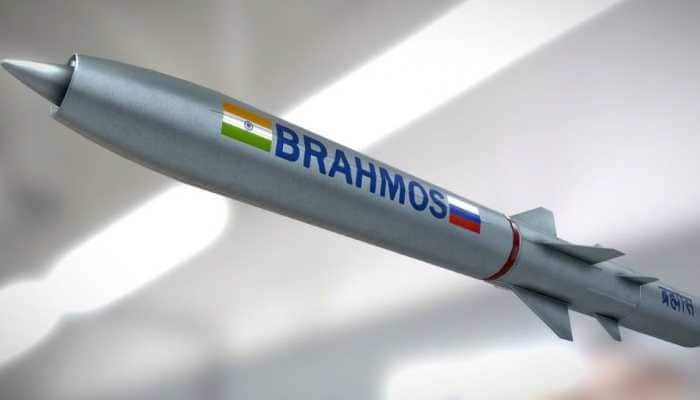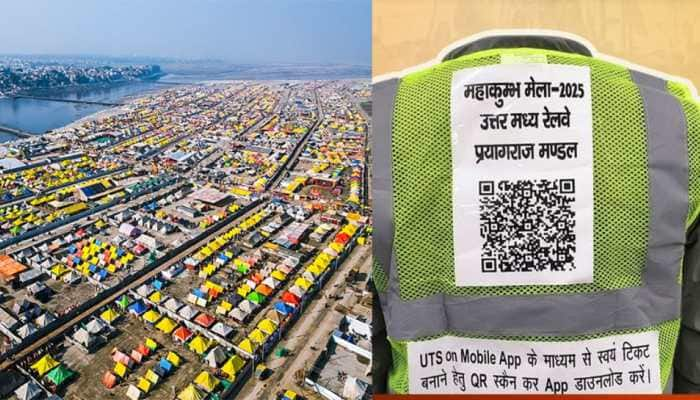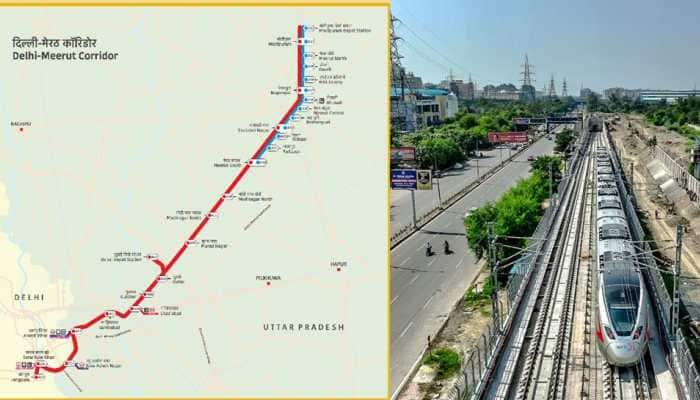President Erdogan afraid of Friendship Forum created to ensure peace in the Mediterranean, the Gulf
The platform brought together six countries, represented by their Foreign Ministers and included Greece, Cyprus, Bahrain, Egypt, Saudi Arabia, and the UAE. French Foreign Minister Jean-Yves Le Drian participated in the meeting through video conferencing as an observer.
- The meeting was opened by the address of Greek Prime Minister Kyriakos Mitsotakis
- He explained that it was important for Greece to establish the forum as it is located in the middle of two geographical arcs
- He further stated that through the forum, “Greece's ambition is to be a bridge between the Eastern Mediterranean and the Gulf”
Trending Photos
) File pic: Zee News
File pic: Zee News New Delhi: A recent development in Athens is believed to bring a paradigm shift in shaping the geopolitics of the Mediterranean and the Gulf regions. On 11th February, the meeting of the ‘Philia Forum’ (meaning ‘Friendship Forum’ in Greek) took place in Athens. The platform brought together six countries, represented by their Foreign Ministers and included Greece, Cyprus, Bahrain, Egypt, Saudi Arabia, and the UAE. French Foreign Minister Jean-Yves Le Drian participated in the meeting through video conferencing as an observer.
The meeting was opened by the address of Greek Prime Minister Kyriakos Mitsotakis who explained that it was important for Greece to establish the forum as it is located in the middle of two geographical arcs — a horizontal arc connecting Portugal and the Persian Gulf as well as a vertical arc connecting Europe with Africa. He further stated that through the forum, “Greece's ambition is to be a bridge between the Eastern Mediterranean and the Gulf.”
Greek Prime Minister said, “It is natural for Greece to suggest this pioneering form of cooperation. However, the multidimensional challenges in our wider neighbourhood also require it.” Further, he urged about “following international and maritime laws and independence and territorial integrity for all countries without foreign interference.”
During the forum, Greek Foreign Minister Nikos Dendias commented, “What unites us all today is the condemnation of illegal acts and the condemnation of irrational acts that undermine peace and security... Our goal is to create a bulwark against threats, violence, extremism, intolerance and distortion of religion.”
Geopolitical experts focusing on the region believe that through the statement, Dendias made a reference to Turkey's aggression in the region as a consequence of Erdogan’s attempts to fulfil his Caliphate desires. They also argued that the creation of such a platform would be important in ensuring that NATO reduces its dependence on Turkey and does not get blackmailed by it. Further, it might also play a dominant role in checking the movement and deployment of Turkish mercenaries in Syria, Iraq, Libya, Cyprus, and the East Mediterranean.
Another diplomatic expert argued that through the creation of such a platform, Greece has made a smart and crucial move as it has been able to bring together the European and Arab world, especially the countries troubled by President Erdogan’s expansionist and extremist agenda. The important strategic location of Greece has certainly acted in its favour.
However, it should not be missed that the creation of the forum shall also lead to a huge setback for the revenue generation programme of Erdogan by threatening and bullying countries located in the Mediterranean. The country which is already going through a massive economic crisis has been overburdened by the expenses incurring on implementation of Erdogan’s Caliphate programme in Turkey as well as across the world, spent mostly on funding mercenaries and sponsoring covert operations. The creation of such a forum would be detrimental to the ambition of Turkey to generate revenue from high seas by resorting to an aggressive posture.
The expert also underlined another significant aspect of the forum by stressing that this also needs to be seen as institutionalisation of a security alliance to ensure free and open Mediterranean and Gulf. He elaborated that the concerning development of oil exploration by Turkey that led to the Eastern Mediterranean crisis and the scuttling of peace and tranquillity in the region has brought together these countries to collectively address these issues.
The forum could also be seen as a super-organisation — somewhat as a combination of energy-centric organisation East Mediterranean Gas Forum as well as maritime security coalition the Red Sea Alliance.
A couple of social media influencers have highlighted that a social media campaign was launched in Greece and Cyprus for the inclusion of India, Syria and France as full-time members of the forum to jointly tackle the threats of aggression and radicalisation posed by Turkey. France has already joined the meeting and observers believe that it would soon join it as a full-time member. Similarly, Syria is also considering the possibilities of joining the alliance. .
Greece has been expressing its wishes to cooperate on military and maritime security fronts. Observers highlighted that some kind of commotion searing the Philia Forum has started to take place in the Indian policy circles as well.
Given the brazen anti-India moves made by Turkey and the unanimous support given to Pakistani government and terrorists sponsored by it, India might very soon start working on assessing the possibilities of joining the Forum.
Several countries in the region have been expressing their desire to collaborate with India on the maritime front. However, these demands intensified after Prime Minister Narendra Modi met the heads of Greece, Cyprus and Armenia on the sidelines of the UN General Assembly in September 2019. The leaders of the three countries, through their statements, have been expressing optimism to cooperate with India in fighting the Caliphate project.
Citing above references, observers have argued that India, in all probability, could join the forum. The only thing that one would need to see is whether India joins it as a full-time member or just as an observer.
The statements made by the Foreign Ministers of member nations in a joint press conference underline the urgency of constituting the forum as a response to the threat posed by the causative agent. Egyptian Foreign Minister Sameh Shoukry stated that the objective of the forum was to balance relationships in order to achieve stability, counter the emerging crisis, and ensure that resources are efficiently utilised. He also expressed that Egypt was eager to strengthen its ties with Cyprus and Greece and without making a direct mention, he attacked “the expansion of foreign forces in Arab territories.”
Cypriot Foreign Minister Nikos Christodoulides, on similar lines, stressed that the platform sought collaboration on issues related to the developments in the Eastern Mediterranean and Gulf region.
Similarly, UAE Minister Reem Al-Hashimy argued, “the intensification of challenges and crises in the region demands cooperation and coordination to wisely establish a basis for development, security and peace.”
Saudi Foreign Minister Faisal Bin Farhan made the most powerful comment and stated that the focus of the forum was “on the national sovereignty of states and their independence according to international laws and treaties denouncing intervention in other countries’ affairs.”
Referring to international law, UN Security Council Resolutions and the United Nations Convention on the Law of the Sea (UNCLOS), the forum members also urged the UN Security Council members to ensure strict implementation of all relevant UN principles to guarantee peaceful solutions in settling conflicts and ensuring peace in the region.
The deliberations that took place in the forum, as well as its very constitution, has certainly disgruntled Turkey. As soon as the joint press conference was organised by the members of the forum, Turkish Foreign Ministry Spokesperson Hami Aksoy issued a press statement that read, “It is not possible for any forum not including Turkey, the key country in its region, and Turkish Cypriots, to constitute an effective and successful mechanism of cooperation and friendship with regard to the challenges in the region.”
The Spokesperson then argued that the idea of the forum undermines the EU's efforts in the context of the Union for the region and blamed Greece and Cyprus as their act “threatens peace and stability in the region”.
However, contrary to Turkey's claims, statements made by the Greek Prime Minister as well as the Foreign Minister highlight that it was due to its own apprehensions and the fear of facing the members of the forum that Turkey chose not to join it. During the opening speech, Greek Prime Minister had commented — “Our initiative is open to all, without turning against anyone.” A similar argument was also made by the Greek Foreign Minister who argued that the forum did not want to exclude any country and welcomed any country that wanted peace.
Experts believe that in order to fulfil the Caliphate aspirations, Erdogan is in a hurry to expand his presence in the region and also wants to dethrone Saudi Arabia as the leader of the Muslim Ummah. The desperation of Erdogan and uncalculated moves made by him has gained him more foes than friends as countries all over the world are rising up to his aggression and it is believed that the handful of countries aligning with Turkey, including Pakistan and Malaysia, would also face the heat of such global coalitions. They further believe that in case India joins the forum, it can collectively counter the Caliphate project as well as radicalisation at large, by side-lining both the countries from the global fraternity.
Stay informed on all the latest news, real-time breaking news updates, and follow all the important headlines in india news and world News on Zee News.
Live Tv







)
)
)
)
)
)
)
)
)
)
